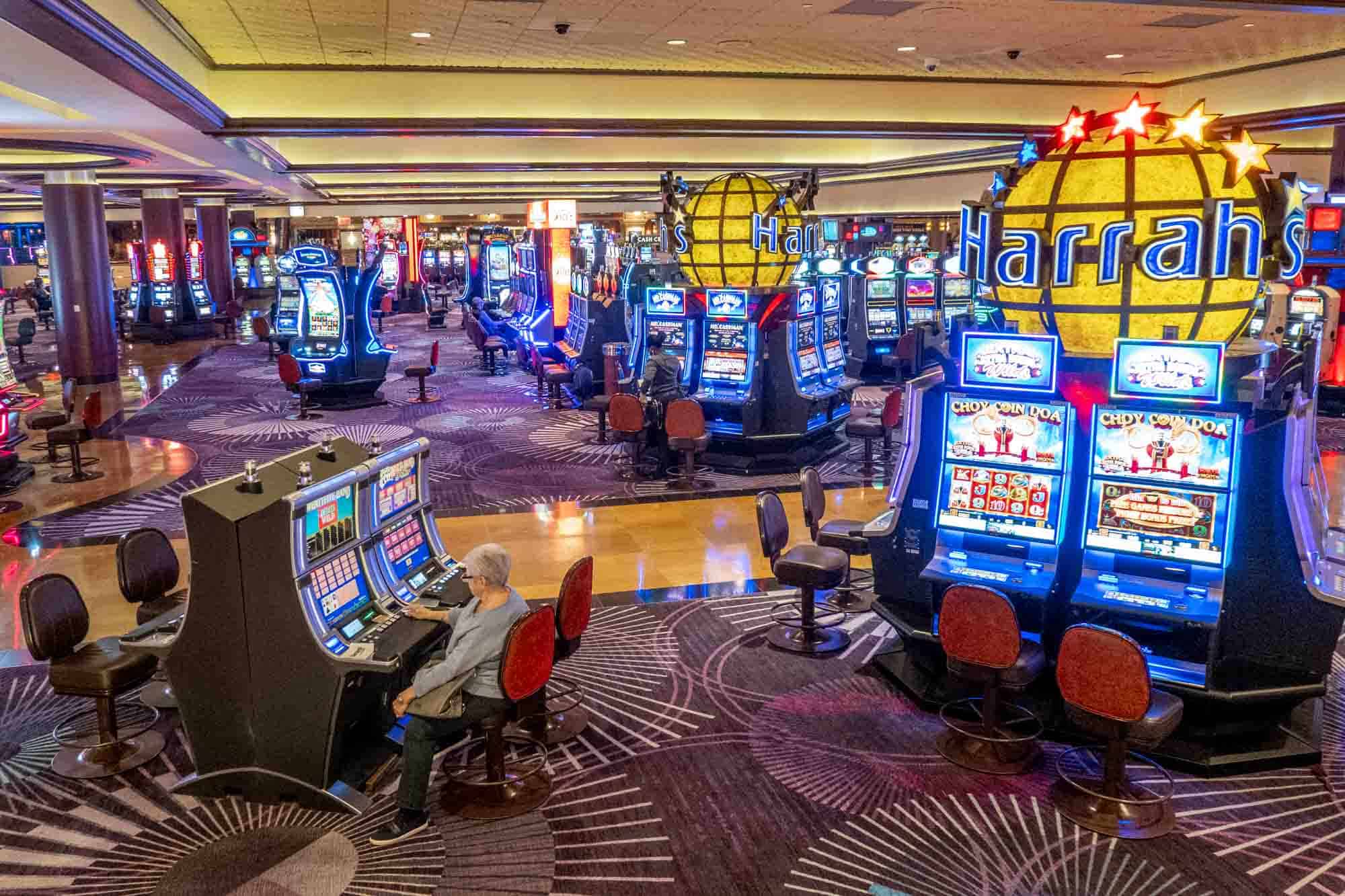
As tech keeps to advancing at a fast speed, the realm of entertainment has been experiencing a significant change. A of the best exciting advancements in the past years has been the rise of virtual realities, which have started to reshape how we perceive various forms of games. The gambling industry, famous for its vibrant atmosphere and exciting experiences, is not exception. Through the integration of VR within gambling games, players can gain the chance to immerse themselves in highly detailed environments that echo the excitement of a real gambling hall, all from the convenience of their own houses.
Imagine walking into a digital gambling venue where you can engage with other players, participate in live host sessions, and discover a diverse variety of gaming choices, all amplified by cutting-edge technology. This new approach not only intensifies the thrill of traditional gambling titles but additionally removes spatial barriers, enabling players from the world to link and engage in a collective gaming venture. As we gaze ahead, the potential for VR within the realm of gambling titles are boundless, offering to transform the way we think about gambling and entertainment as a whole.
The Surge of Virtual Reality in Gaming
The advent of VR technology has transformed various sectors, and the gaming industry is at the leading edge of this shift. More than just a trend, virtual reality provides immersive experiences that bring players closer to the action than ever before. ONE88 Gambling establishments have commenced to leverage this innovation, creating settings that simulate the excitement and atmosphere of a brick-and-mortar casino, conveniently from the comfort of home. This transition not only improves gameplay and draws in a new generation of players keen for fresh experiences.
As soon as VR grows to be more affordable, the variety of games available in this medium continues to grow. Players can now participate with popular games such as blackjack, texas hold’em, and slot machines in a 3D space where they can interact with fellow players and croupiers in real-time. This element elevates the social interaction, allowing users to feel as if they are part of a lively casino environment even while physically distant. The extra dimension of authenticity provided by virtual reality is appealing and is probably to influence how casino games are designed and played in the times to come.
Furthermore, the integration of virtual reality into casino gaming is expected to drive advancements in tech and game design. Developers are testing with unique game mechanics and attributes that take advantage of VR’s capabilities. These innovations could result in a diverse array of gaming options that not only would capture the essence of traditional games but also offer fresh formats and ways to play. By adopting virtual reality, casinos can stay competitive in a rapidly evolving gambling market, ensuring they satisfy the demands of today’s players wanting thrilling and engaging experiences.
Boosting User Experience in Gambling Games
Virtual reality is transforming the manner players engage with casino games, building immersive environments that replicate the atmosphere of a physical casino. By putting on a VR headset, players can step into a digital realm where they can interact with realistic 3D representations of gaming options. This experiential depth intensifies the bond players have with their play experience, making every slot spin or dice roll feel more dynamic and genuine.
Alongside sight engagement, the incorporation of haptic feedback offers players with physical sensations that enhance gameplay. For instance, as a player wins a game in virtual poker, they can feel sensations through their game controllers that mimic the feeling of winning chips in the real world. This layer of sensory feedback makes the experience more immersive and closes the gap between traditional and virtual gaming spaces.
Social engagement is another key aspect that virtual reality brings to casino games. Players can take part in multiplayer experiences, enjoying the thrill of playing with peers or other players in a common virtual environment. This social dimension fosters a community feeling and camaraderie, which is often missing in traditional online gaming. By enabling players to chat and interact in live, VR casinos restore the communal vibe that many players love in brick-and-mortar casinos, ultimately leading to a richer and more enjoyable gaming experience.
Future Developments and Advancements in VR Gaming Environments
As technology keeps to advance, the integration of artificial intelligence and machine learning into Virtual Reality gaming environments is set to transform the gaming experience. These improvements will allow for more personalized gaming by adapting games to unique player preferences and habits. Players can expect smooth interactions with virtual dealers and artificial intelligence-powered companions that enhance immersion and engagement, creating a realistic casino atmosphere from the comfort of their homes.
In addition to AI, the implementation of blockchain technology promises to redefine the safety and transparency of transactions in Virtual Reality gaming environments. With smart contracts enabling faster payouts and verifiable fairness in results, players can have peace of mind knowing that their investments are protected. This combination of technologies can establish trust and foster a larger player community, motivating more people to explore digitized gambling environments.
Furthermore, the development of social interaction within VR casinos is likely to take the spotlight. Future developments may facilitate stronger connections among players, providing features such as virtual chat rooms, group competitions, and even real-time events. By including social elements, these innovations will not only improve the gaming experience but also create a vibrant community where players can exchange strategies, acknowledge wins, and enjoy camaraderie in a lively digital setting.